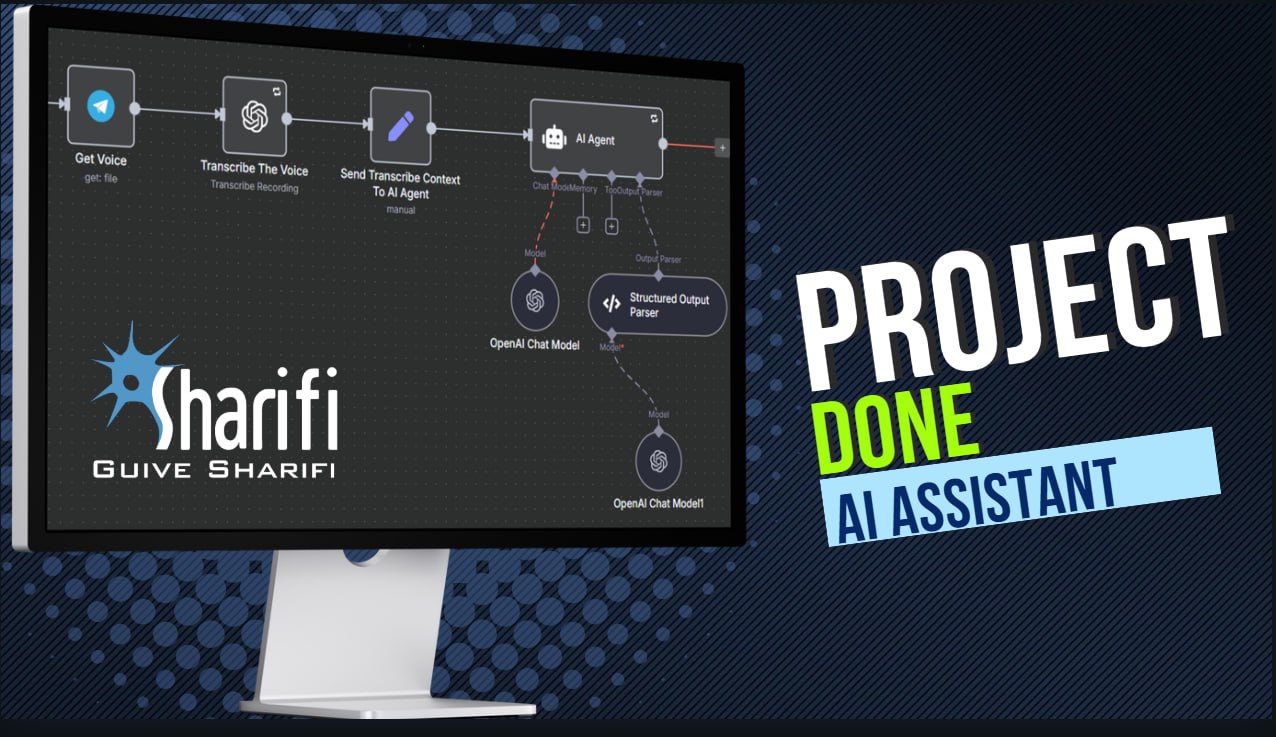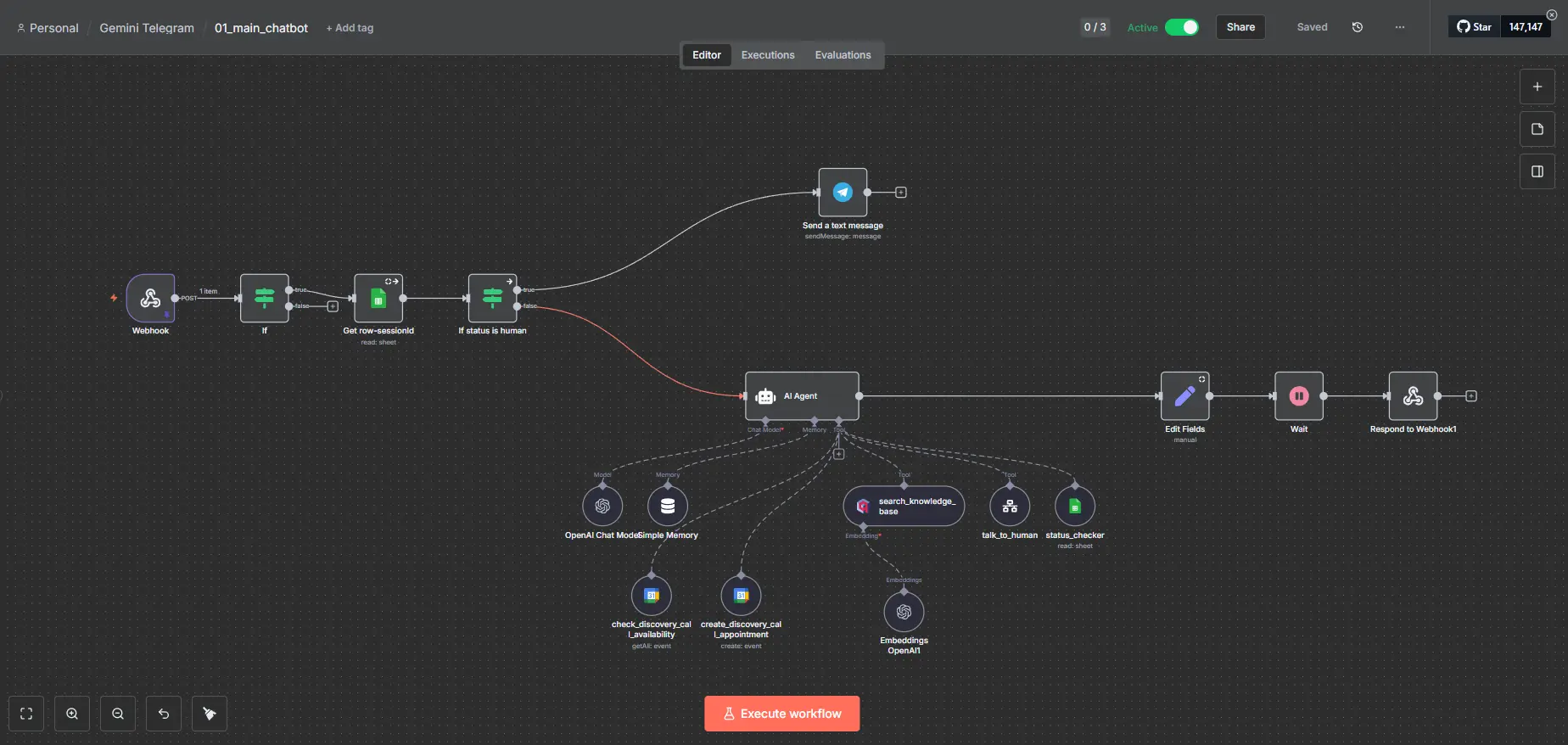The Ultimate Guide: Finding the Best CRM for Your Small Business in 2024
Growing a small business is a rewarding journey, but managing customer relationships, tracking leads, and closing deals can quickly become overwhelming. If you're juggling spreadsheets, sticky notes, and overflowing inboxes, it's time to consider a powerful tool designed to streamline your efforts. This is where the best CRM for small business comes into play.
A Customer Relationship Management (CRM) system isn't just for large corporations. Today, finding the right CRM software for small business is more accessible and crucial than ever. This guide will walk you through everything you need to know, from essential features to top contenders in the market.
What is a CRM and Why Does Your Business Need One?
A CRM is a technology that helps you manage all your company's relationships and interactions with both potential and existing customers. The goal is simple: improve business relationships to grow your business. A crm system for small business helps you centralize customer data, track sales opportunities, manage marketing campaigns, and analyze performance—all in one place.
For a growing company, the benefits are immense:
- Centralized Data: Keep all contact information, interaction history, and notes organized and accessible to your team.
- Improved Sales Process: Visualize your sales pipeline, identify bottlenecks, and forecast revenue more accurately.
- Enhanced Customer Service: With a complete view of every customer, you can provide personalized and timely support.
- Efficient Automation: Automate repetitive tasks like follow-up emails and data entry, freeing up your team to focus on selling.
Key Features of the Best Small Business CRM
When you start your search, you'll find countless options. To narrow it down, focus on the features that deliver the most value. The best crm software for small business should include:
- Contact Management: A clear and detailed database of your contacts, leads, and customers.
- Sales Pipeline Visualization: A visual representation of your sales process, allowing you to track deals from lead to close.
- Automation: Tools for automating emails, task reminders, and workflows.
- Reporting and Analytics: Dashboards that provide insights into your sales performance, customer behavior, and team productivity.
- Integrations: The ability to connect with other tools you already use, like email clients, calendars, and accounting software.
Top CRM Systems for Small Business: Options for Every Need
Finding the perfect fit depends on your specific needs, budget, and industry. Here’s a breakdown of some of the leading crm systems for small business.
The Best All-Round Performers
When you're looking for a robust, scalable, and user-friendly solution, these platforms consistently rank as the best small business crm. They offer a fantastic balance of features, pricing, and support. Many businesses find that these solutions provide everything they need to manage their customer lifecycle effectively.
Finding a Free CRM for Small Business
Starting on a tight budget? No problem. Several companies offer a free crm for small business, which is perfect for startups and solo entrepreneurs. These freemium models provide core CRM functionalities at no cost, with the option to upgrade as your business grows. When looking for the best crm for small business free of charge, be sure to check limitations on users, contacts, and features. A good free crm software for small business can be a game-changer, allowing you to establish organized processes from day one without the financial commitment.
Considering Salesforce for Small Business
You've likely heard of Salesforce, the titan of the CRM industry. While it might seem intimidating, Salesforce for small business offers tailored packages that are both powerful and scalable. Its strength lies in its vast customization options and extensive app ecosystem, allowing the platform to grow with you.
CRM for Small Business Australia
For businesses operating down under, local factors can be important. When seeking a crm for small business Australia, consider providers with local support teams, data centers hosted in the country (for performance and compliance), and pricing in AUD. Many global CRM leaders have a strong presence in the region, making it easy to find the best crm for small business Australia that meets your specific market needs.
How to Choose the Right CRM for You
Follow these simple steps to make the right choice:
- Define Your Goals: What do you want to achieve with a CRM? More leads, better customer retention, or improved team efficiency?
- Assess Your Budget: Determine how much you're willing to spend. Remember to consider both free and paid options.
- List Your Must-Have Features: Based on the list above, decide which features are non-negotiable for your team.
- Read Reviews and Compare: Look at what other small businesses in your industry are using.
- Take a Test Drive: Almost every CRM offers a free trial or demo. Use this opportunity to see if the software is a good fit for your workflow.
Conclusion
Choosing the best ccrm for small business is a critical step toward sustainable growth. By centralizing your data, automating your processes, and gaining deeper insights into your customers, you empower your team to build stronger, more profitable relationships. Whether you opt for a comprehensive paid solution or a free crm software for small business, the key is to start today.
Tags:

Alec Asgari
Author & Content Creator
Passionate about creating valuable content and sharing insights with our community.





